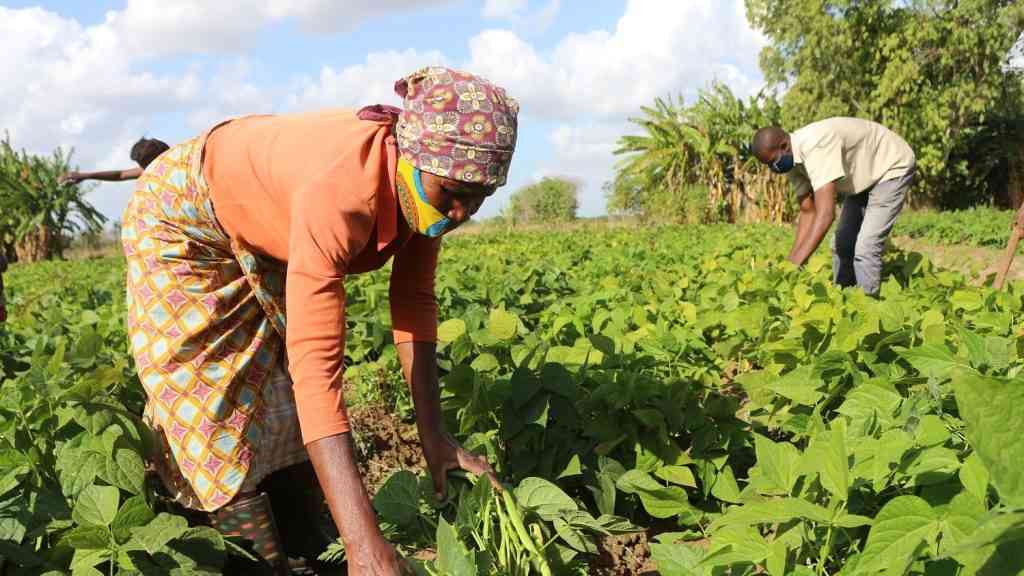
RESEARCH firm Mark & Associates (M&A) has warned of significant productivity headwinds this year, associated with capital constraints, policy shifts and electricity shortages.
In its latest 2024 national budget review and analysis, M&A said these headwinds will cripple productivity and capacity utilisation across Zimbabwean industries.
“In 2024, the agriculture sector is projected to contract by -4,9% due to the anticipated normal to below-normal rainfall pattern,” the analysis read in part.
“The El-Nino phenomena, which is associated with extreme weather patterns, is expected to undermine agriculture production, especially for maize. Mark & Associates noted significant productivity headwinds associated with capital constraints, policy shifts and electricity shortages.
“Zimbabwe has been experiencing severe electricity load shedding attributable to technical challenges at thermal power generation plants coupled with falling dam levels and import constraints.”
The research firm noted that most of the country’s thermal power plants, like the Munyati Thermal Power plant built between 1946 and 1957, have outlived their lifespan and are becoming too uneconomic to operate due to high repairs and maintenance costs.
“In our view, energy supply constraints will cripple productivity and capacity utilisation across Zimbabwean industries. Limited supply of electricity implies there are technological inefficiencies in the country, and this will have an adverse effect on total output,” the researchers said.
They also noted that structural weakness, policy uncertainty, corruption and international isolation have inhibited the Zimbabwean economy from performing adequately since the early 2000s, resulting in episodes of economic recessions.
- Inside sport: Home is best to invest
- Inside sport: Home is best to invest
- Can extractive sector drive the equality agenda?
- Value creation: The future of production in Africa
Keep Reading
While the 2009 to 2012 period witnessed a recovery in the economy, characterised by a revival in foreign investment and a multi-currency regime, political fragility has remained the major culprit.
Government projected that the economy would grow by 5,5% in 2023 on account of better-than-expected output in agriculture, in particular, tobacco, wheat and cotton.
However, economic growth is expected to slow down to 3,5% in 2024, mainly owing to the anticipated impact of the El Nino phenomenon being forecasted for the 2023/24 summer cropping season on agricultural output.
Declining mineral commodity prices attributable to the global economic slowdown will also affect overall growth.
Researchers also said the quantity of capital in Zimbabwe (capital deepening) is also constrained given the limitations in accessing international capital because of political and credit-default risk. According to the World Bank, there is also significant misallocation of resources between sectors and limited structural transformation at the sectoral level.
“For example, considerable labour and capital are allocated to the agriculture sector, despite productivity being the lowest. Experiences from other countries, particularly in East Asia, reveal that the shift of labour from agriculture into the higher-productivity manufacturing and services sectors was a major contributor to rapid productivity growth,” M&A said.
“The Government of Zimbabwe has provided significant support to the agricultural sector through various funding and input schemes. But despite the support, growth of labour productivity and yields of major crops have been well below those in peer countries.”
As a result, M&A said the performance of the sector has a major bearing on overall labour productivity. These developments will continue having a negative impact on overall economic output.











